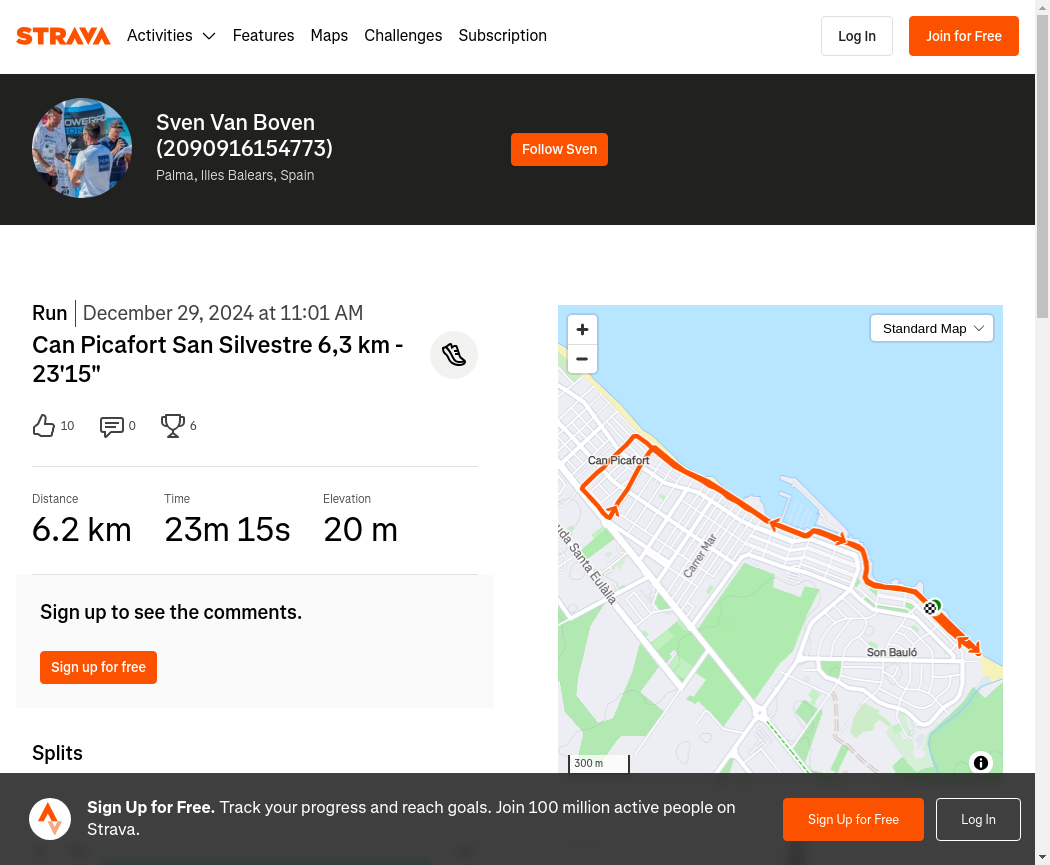NA
nabbas0786
@nabbas0786 (62.89)
Professor
Announcing the Relaunch of the Alive Chat Community Engagement Activities: Let's Get the Party Started! - Friday, January 3, 2025
Warm greetings Alive and Hive community! I've been a very buzzy bee, but I've finally found a little time to give an update on the We Are Alive Tribe, and also ...
178
185
$3.65















